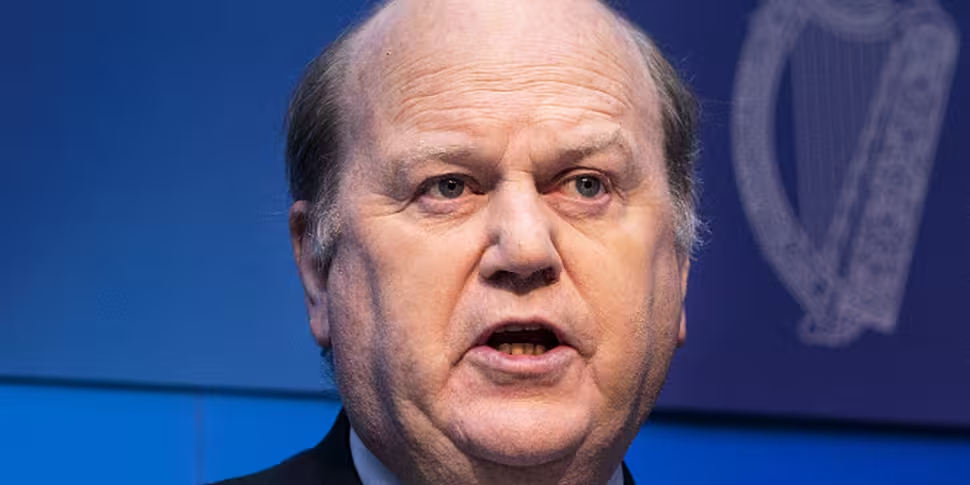So Budget 2015 is here. After seven years of austerity, seven years during which nearly €30 billion has been sucked out of the economy, will Budget 2015 be the year in which our pockets feel heavier not lighter?
The government says the budget will be fiscally neutral, meaning there will be no giveaway from finance minister Michael Noonan today but we won't be any worse off.
However, with the economy rebounding, seeing rates of growth not recorded since the days the Celtic Tiger roared, it may be time the age of austerity is consigned to history.
Unemployment may be falling, consumer confidence surging and the overall economy doing well but it hasn't fed through to how most feel about their personal finances.
#budget15: Follow our Budget liveblog here.
Is there an alternative budget for Minister Noonan to deliver?
On the tax front, the leaks from the Department of Finance suggest a cut to the top rate of income tax from 41% to 40% and changes to the threshold before taxpayers are sucked into the higher bands of the dreaded Universal Social Charge (USC).
With tax revenues this year so far running almost €1 billion ahead of target, there is scope to reduce all three USC rates. This will benefit all those in employment, though of course those on higher incomes gain most.
Minister Noonan should also set out a timeframe for when the USC will be abolished completely so that taxpayers can plan for the future and for the top rate to actually fall over a three year period.
What about those in receipt of social welfare who won't benefit from USC changes? This government has committed not to change core payments and this should continue. (It should also be remembered that various studies of the fiscal adjustment in Ireland, including one from the ESRI in 2012, have shown it was middle and higher income earners who have been hit hardest by austerity.)
To ensure that the government's revenue base continues to widen, the property tax and water charges need to be collected in full. The so-called "old reliables" - cigarettes, beer and wine - have been hit by big increases in recent years. Yet there is a public health interest in raising the cost of these once again.
The pensions levy has taken hundreds of euro each year since 2011 from even small savers looking to build a pension fund for retirement. While it has been put to good use to aid the hospitality sector through the reduce VAT rate, it's time the levy went down, as he promised last year, to 0.15%.
Last week the Central Bank delivered a hammer blow to many struggling to buy a home by imposing limits on the size of loans banks can offer. While the government cannot overrule the Central Bank, it does have the power to improve the supply backlog by ordering NAMA to release land for development for starter homes and fast tracking planning permission. It should also look at securing European Investment Bank lending for construction projects. It could also consider limiting the spread between official and retail interest rates so loans remain affordable.
Of course, when Minister Noonan sits down it will be his colleague public expenditure minister Brendan Howlin who will tell individual departments how much they have to spend next year.
As a priority, the Department of Health needs to be ensured that its latest mid-year cost overrun is its last. Funding for health may be a main concern but the focus of the department on massive changes (like universal health insurance) needs to end so it can finally concentrate on operating within its means.
As the burden of austerity has fallen on taxes rather than the spending side of the government's accounts it may be time for another comprehensive spending review to see if there are further departmental savings to be achieved.
Many in the public sector workforce have called for pay rises and for a new national pay agreement. Any successor to the Haddington Road Agreement should seek productivity gains in return.
Since the middle of 2008 successive budgets have been painful and promised no end to that pain. Yes the debt burden of Ireland may exceed the overall size of the economy, but it's time the rewards of the tentative recovery are shared.
#budget15: Follow our Budget liveblog here.









